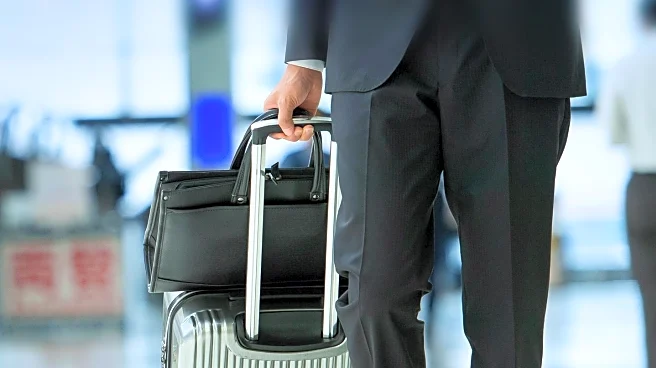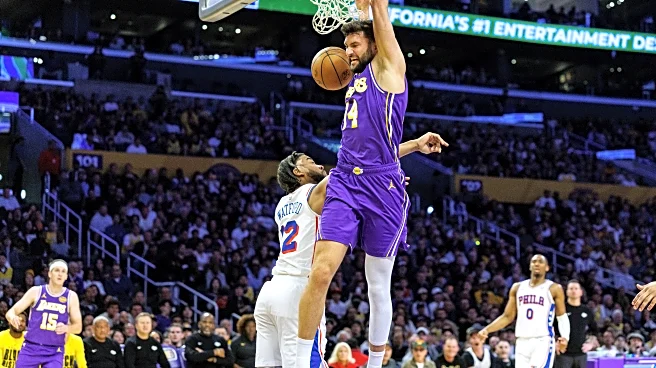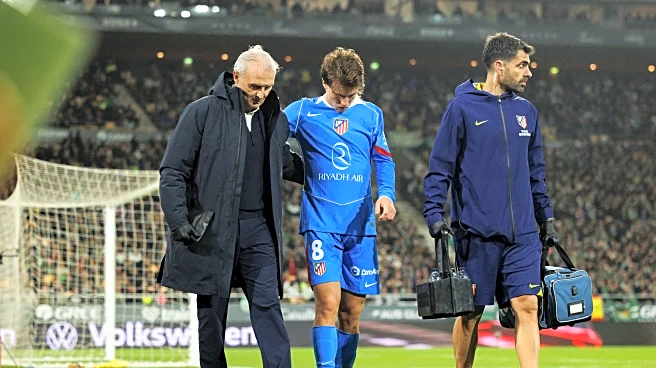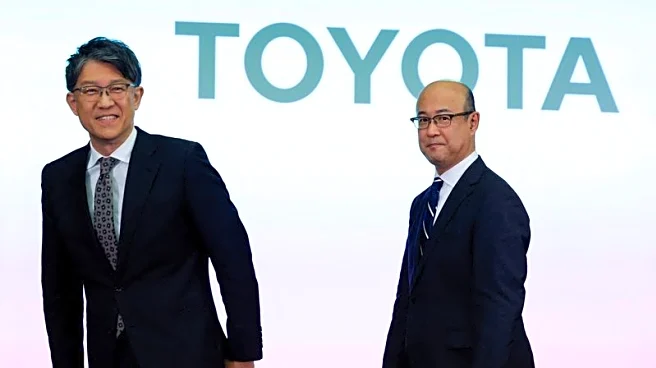What's Happening?
Bleisure travel, which combines business and leisure, is gaining popularity among professionals seeking to balance work commitments with personal enjoyment. This trend allows travelers to extend business trips or incorporate leisure activities, driven
by the desire for work-life balance and the opportunity to explore new destinations. Bleisure travel offers several advantages, including renewed motivation, networking opportunities, and cost savings. By blending work and leisure, professionals can enhance their travel experiences and achieve a balance that enriches both their personal and professional lives.
Why It's Important?
The rise of bleisure travel highlights a shift in how professionals approach business trips, with implications for the travel industry and corporate policies. As more individuals seek to combine work and leisure, travel companies may need to adapt their offerings to cater to this demand, potentially leading to new business opportunities. The trend also underscores the importance of work-life balance, which could influence corporate policies and employee satisfaction. Additionally, the growth in bleisure travel may drive innovation in travel services, as companies strive to provide seamless experiences that integrate professional and personal activities.
What's Next?
As bleisure travel continues to grow, travel companies may focus on developing products and services that cater to this trend. This could involve offering more flexible travel packages that allow for easy integration of leisure activities into business trips. Additionally, the emphasis on work-life balance may lead to changes in corporate travel policies, encouraging employees to take advantage of bleisure opportunities. The travel industry might also see increased collaboration with technology providers to offer solutions that enhance the bleisure travel experience, such as apps that help plan and book leisure activities during business trips.
Beyond the Headlines
The bleisure travel trend reflects broader societal changes, including the increasing importance of work-life balance and the desire for more meaningful travel experiences. As remote work becomes more common, individuals are likely to continue seeking ways to integrate leisure into their professional lives, potentially leading to long-term shifts in travel patterns and consumer behavior. This could have implications for urban planning, hospitality, and transportation sectors, as companies adapt to meet evolving consumer expectations. Additionally, the focus on blended experiences may drive innovation in these industries, as businesses strive to provide unique and high-quality travel options.

















